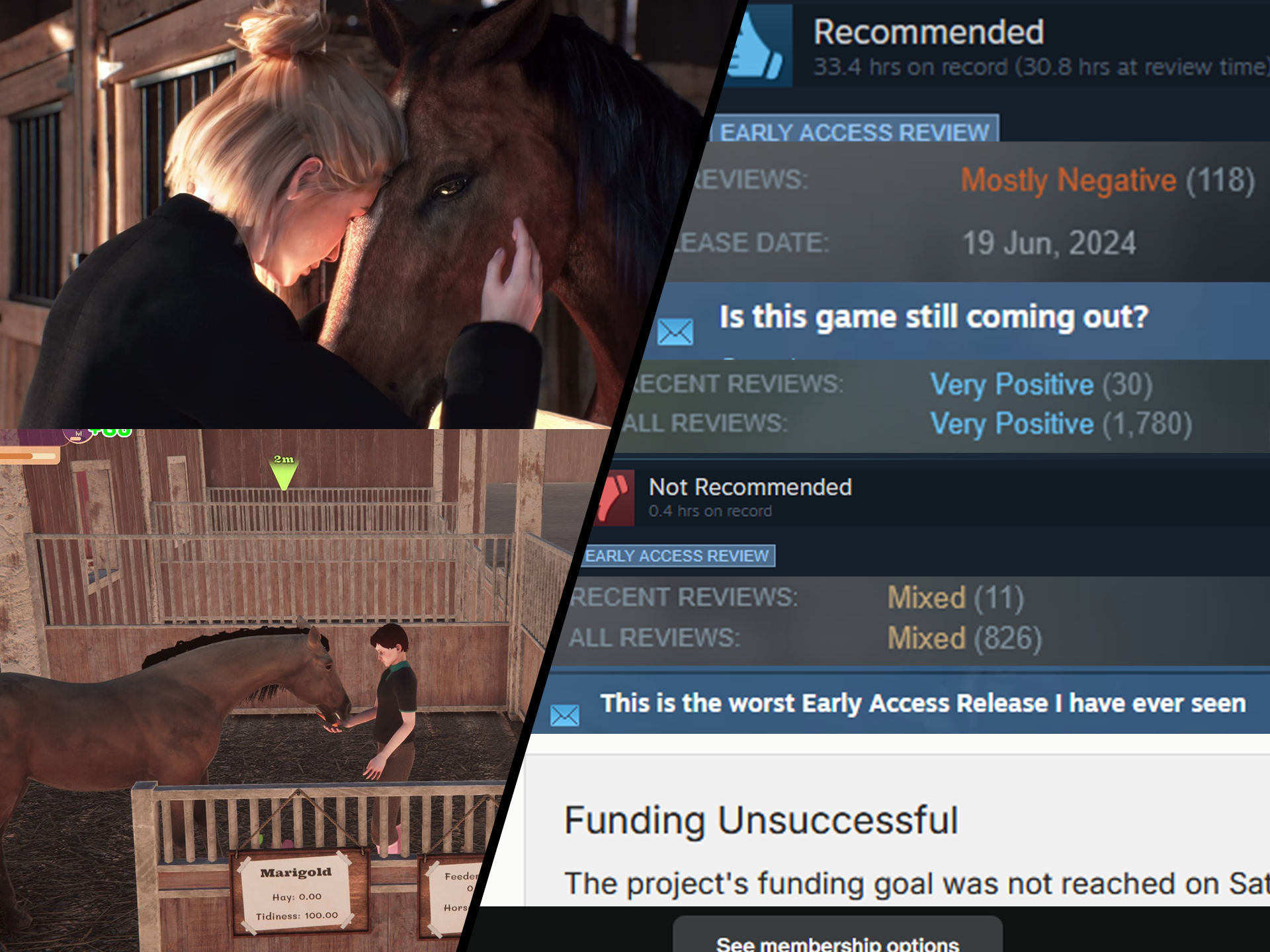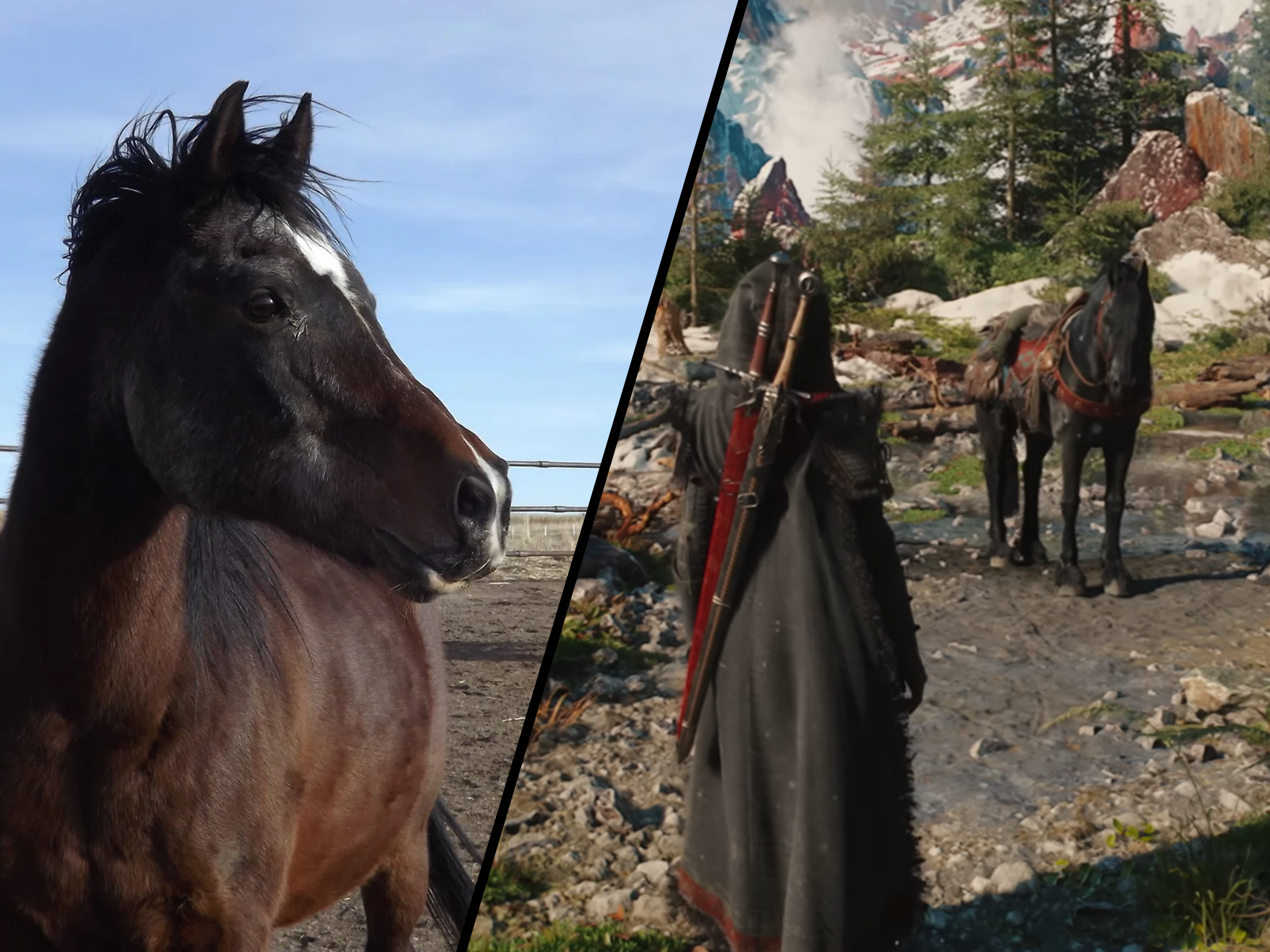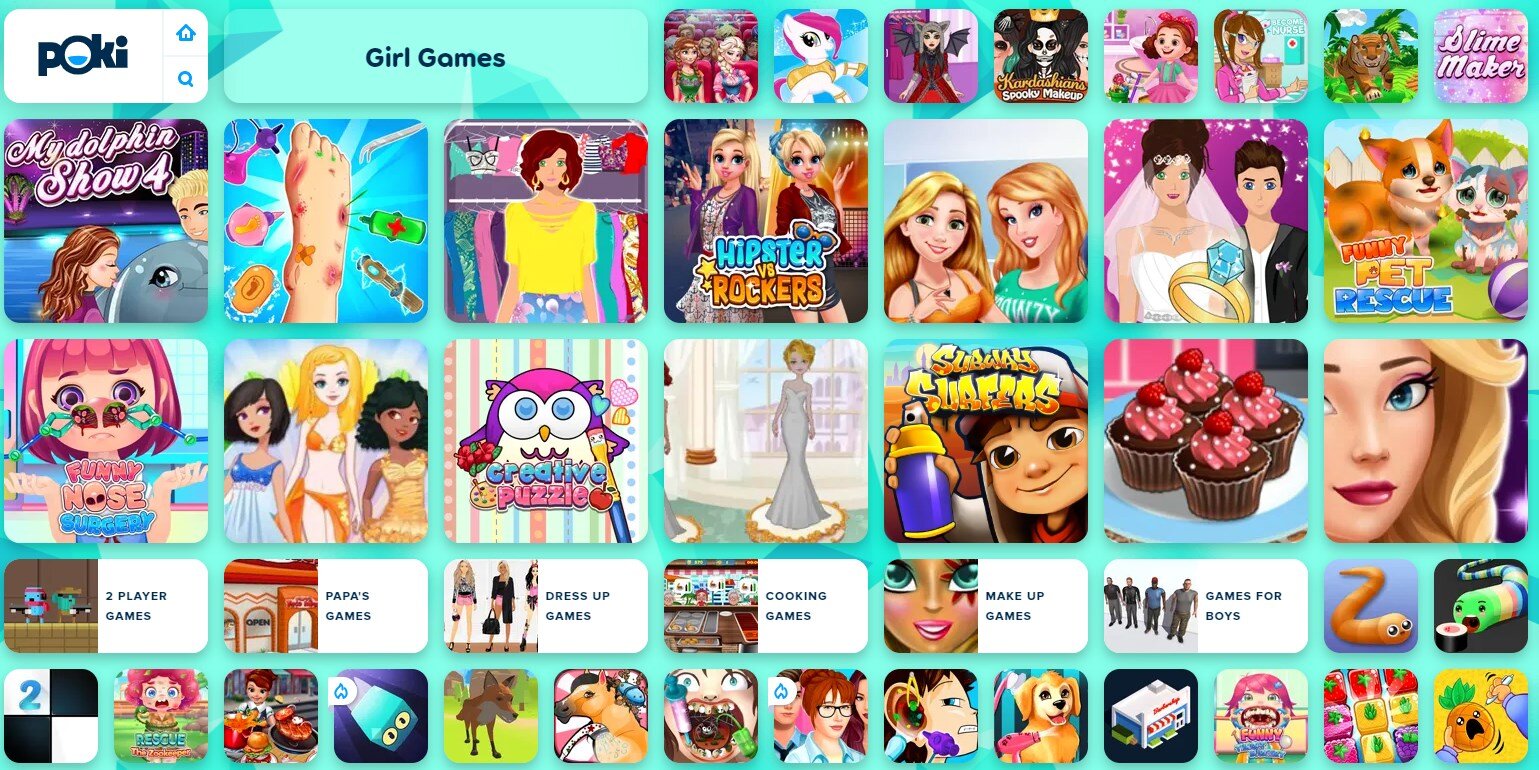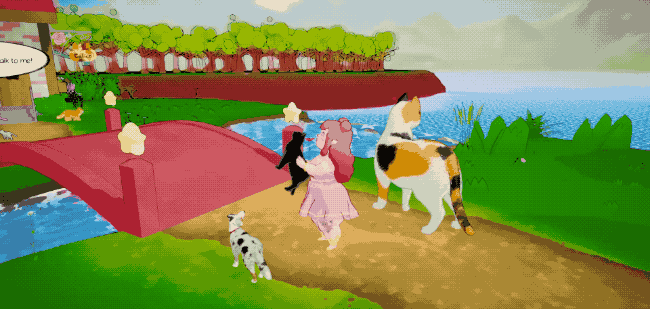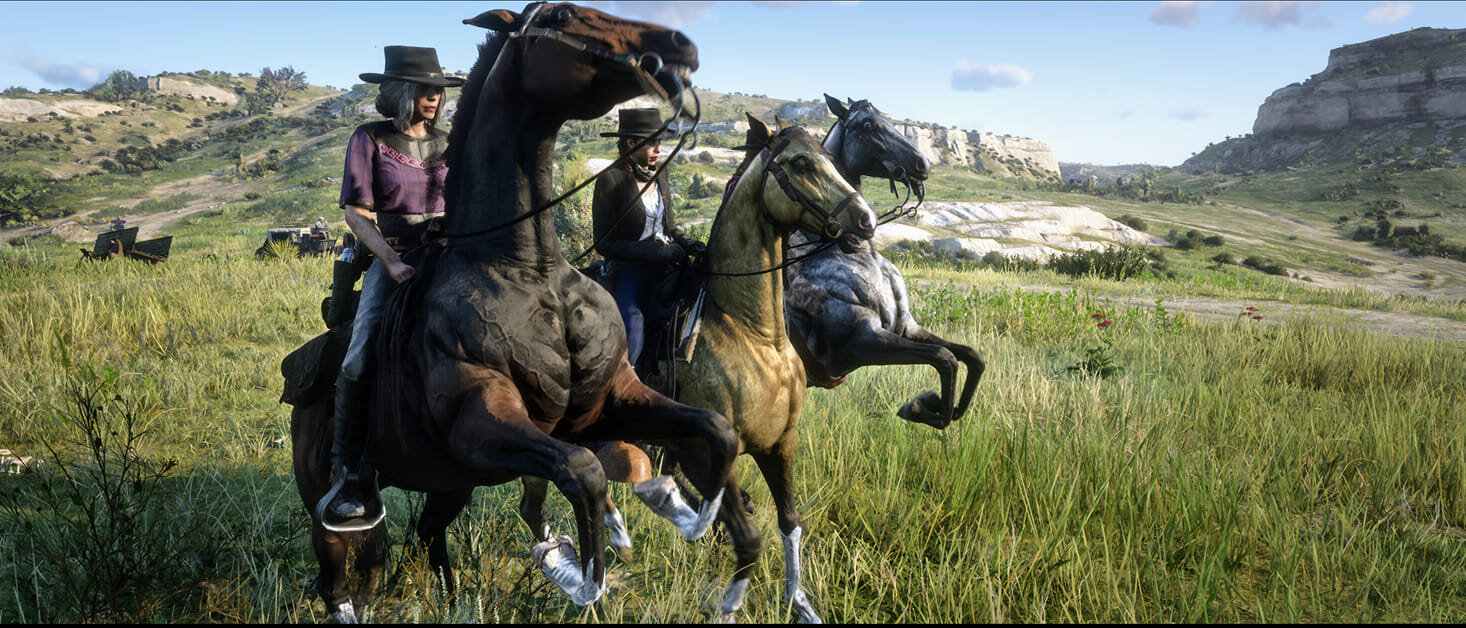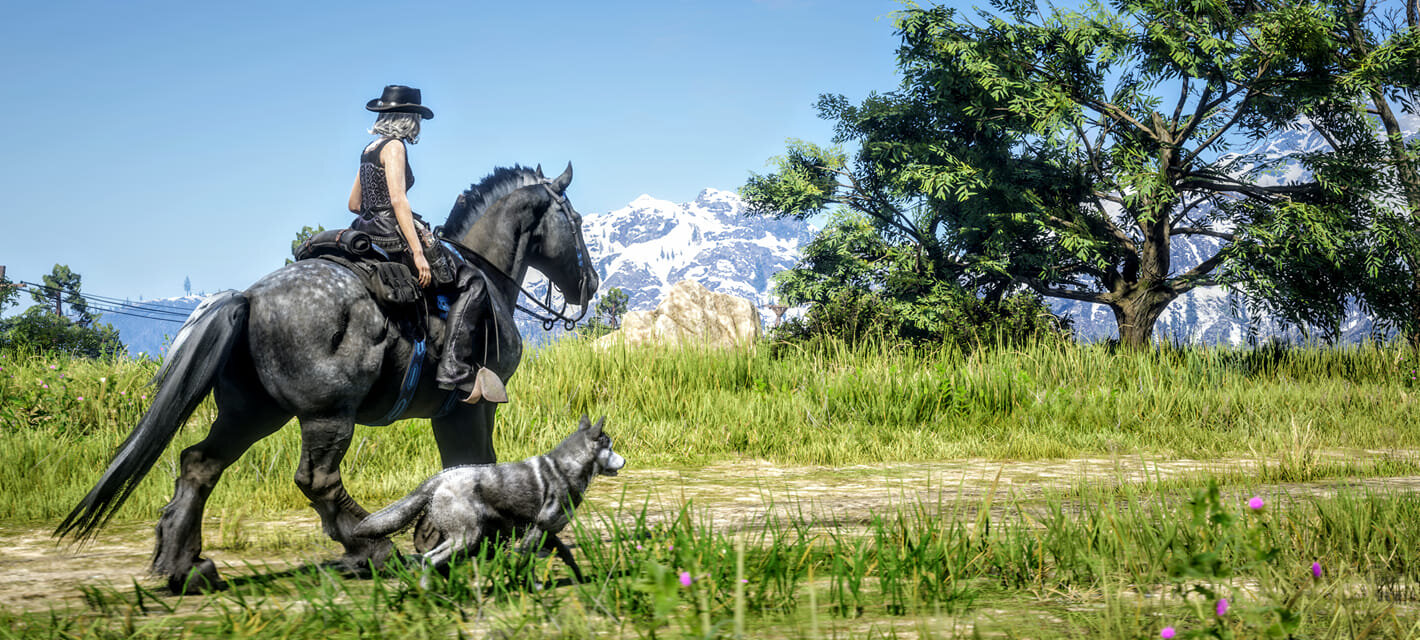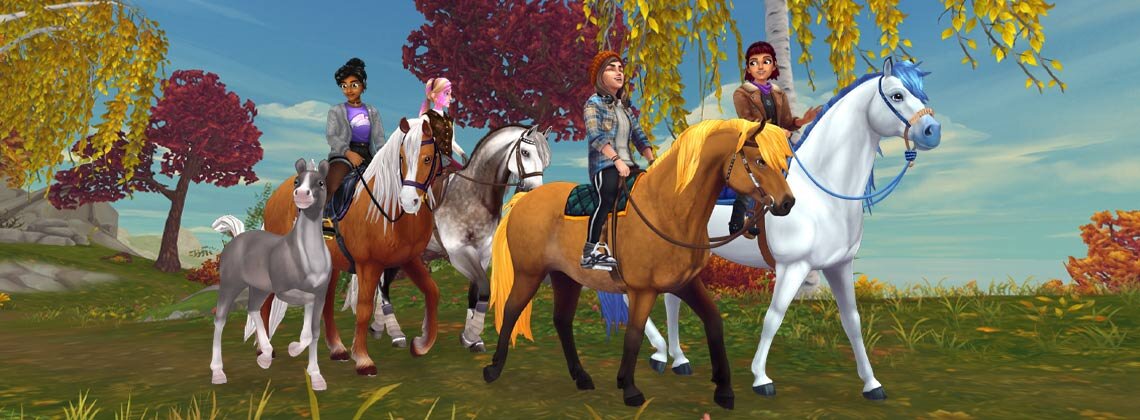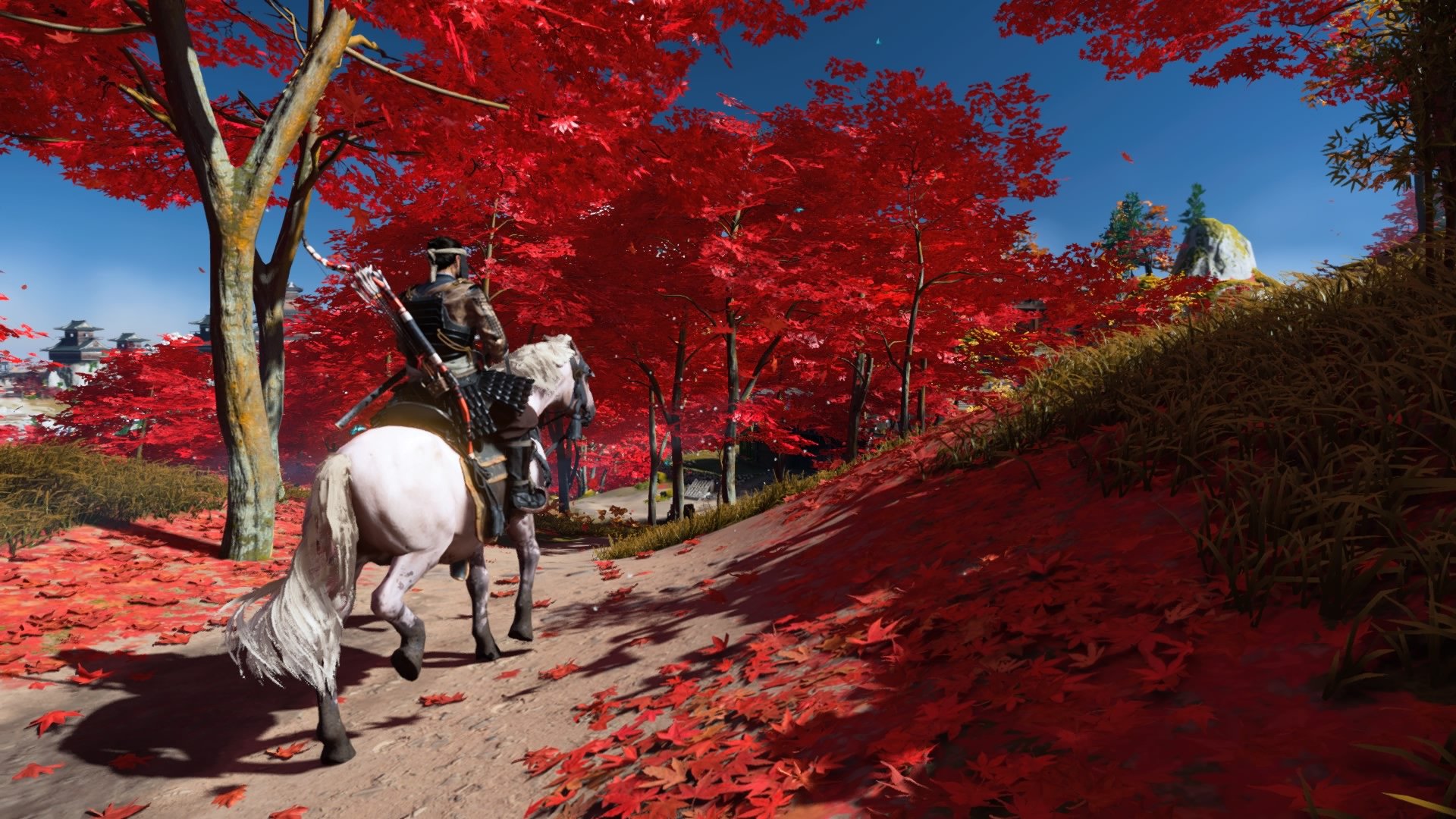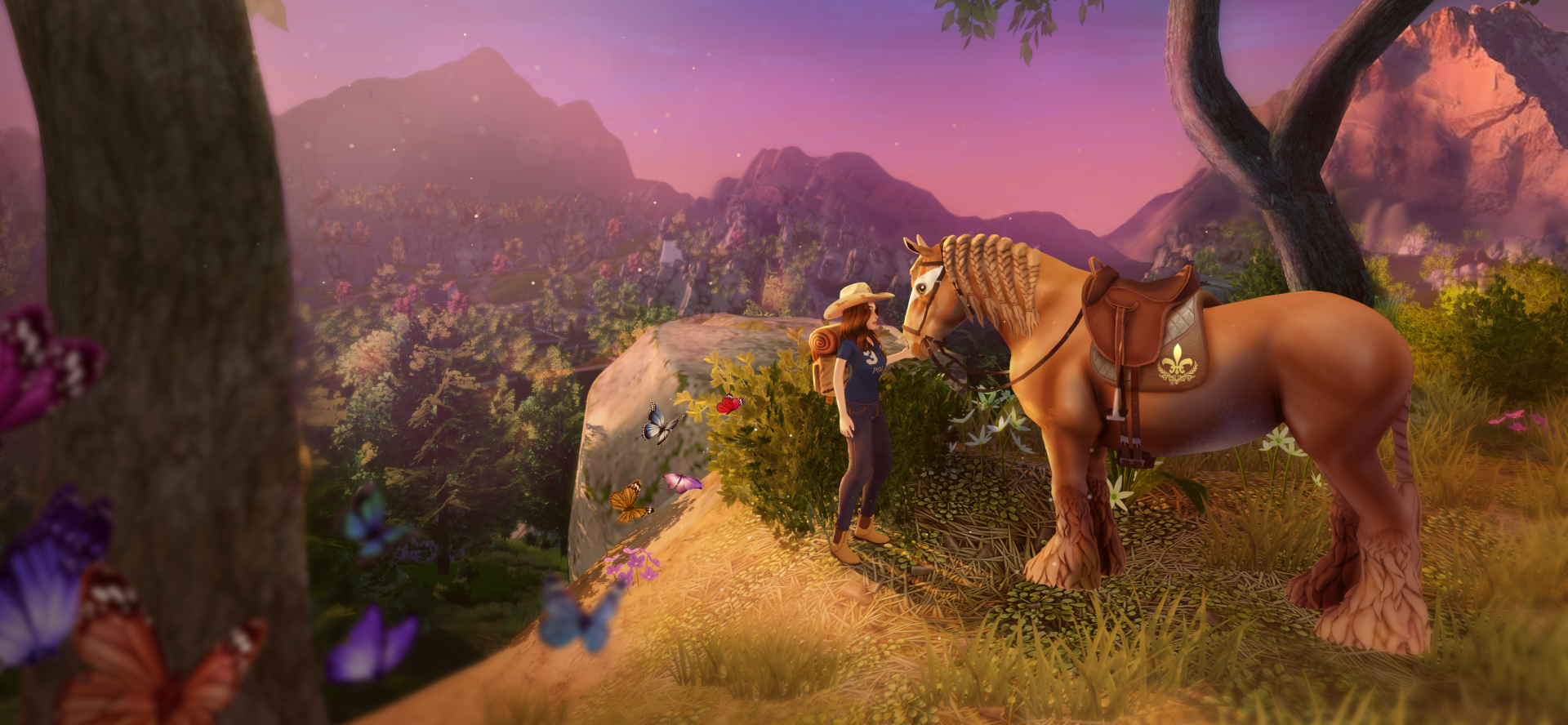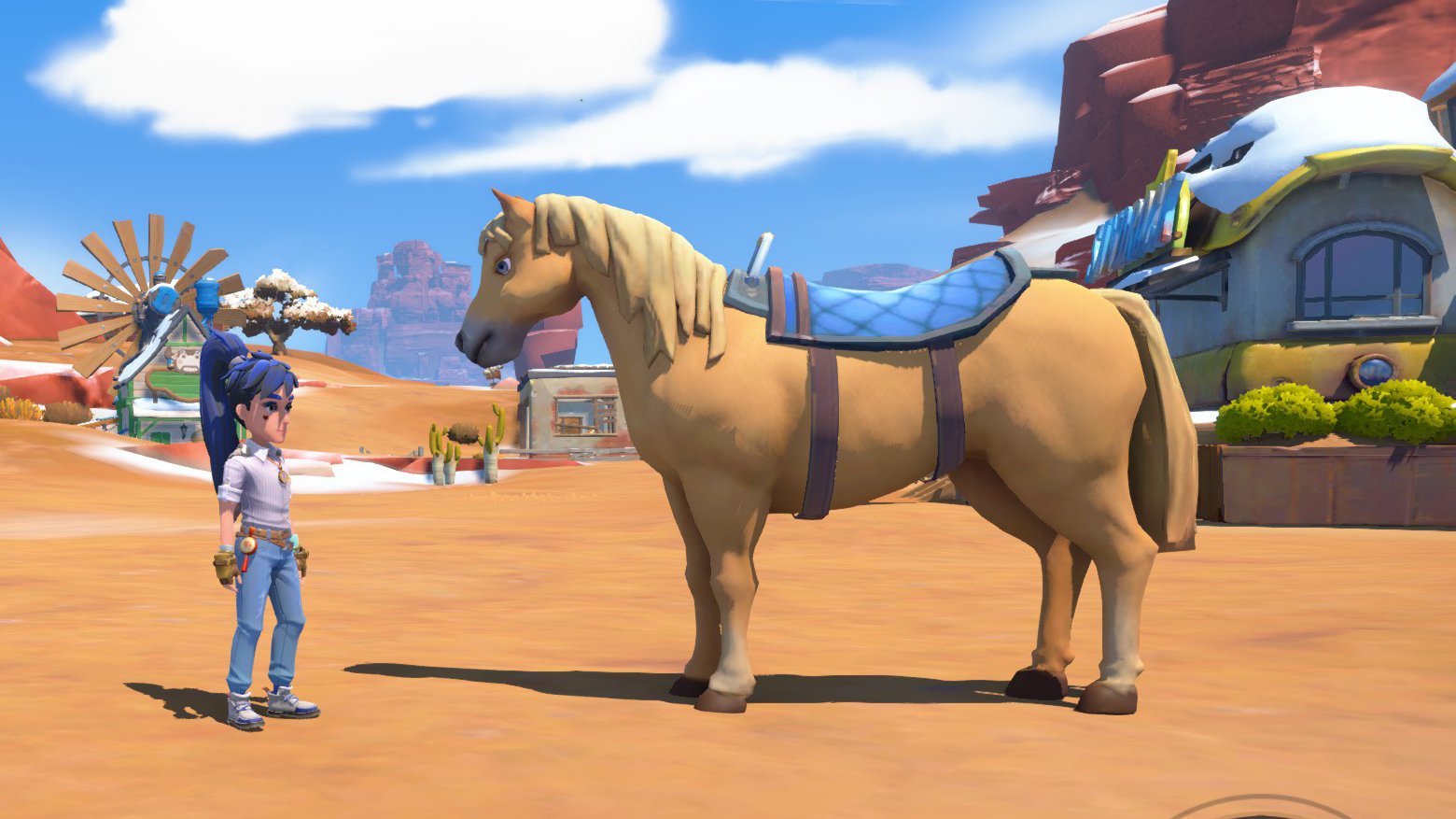Horse Games and Gender – How Video Games often fail to combine Quality and Femininity
Talking about Gender and Gaming is always a bit of a Pandora’s box. People have very strong opinions on how we should talk about sexism and gender in video games and characters, and unfortunately sometimes the loudest of those opinions is just “don’t”.
On the other hand, there has been a significant amount of progress in recent years. That the female characters in our games should be more than damsels in distress or flawlessly sexy action babes is becoming more and more common knowledge in the video game industry, and games of various genres are starting to make an effort in terms of gender diversity.
We have also started accepting that discrepancies in player demographics are often due to how games are made and marketed, and the notion that women just don’t play games as much is fortunately on its way out the door, slow as that process may be.
What remains – and is rarely discussed as far as I can tell – is an imbalance between how our industry tackles subject matters and activities that have a gendered connotation. And I believe this imbalance is a significant factor in the utter scarcity of well-made games about horses.
Gendered Settings and Mechanics
There is a wide variety of toys, themes, hobbies and interests that our society generally associates with one gender and not the other, even though there is no real reason for it beyond “that’s how it is”. Cars and guns and football for boys, fashion, dancing and cooking for girls. Even very basic principles of human interaction end up being gendered: care and nurture are perceived as feminine, aggression, destruction and violence as masculine.
And although we start to see more diversity in the gender, sexual orientation and ethnicity of protagonists of our AAA games, the mainstream gaming world largely keeps clinging to mechanics and themes that end up implicitly excluding the feminine.
Every year, we get dozens of high budget games that are focused on combat. Male-connotated hobbies like football, basketball and car racing have several yearly releases in the AAA gaming space, while female-connotated interests are relegated to the low budget and indie spaces, if they get acknowledged at all.
It is always important to point out that of course, neither guns nor cars nor make-up are actually something only for men or women to like, and the idea that the AAA gaming industry should make more “girly” games has infinite room for a bad and sexist approach. But broadly speaking, society genders these things. And broadly speaking, while there will always be plenty of exceptions, the themes, subjects and even game mechanics that people generally think of as “for women” are underrepresented in the gaming industry.
Modern shooters like Apex Legends (pictured) or Overwatch make a conscious effort to feature gender diverse characters despite their male-connotated genre
No Gendered Mechanics – Recommended Extra Credits Episode
Fashion Souls – a fan community dedicated to fashionable equipment within the Dark Souls games
We don’t have yoga sims and baking eSports or tycoons about running a hair salon, not even really in the vastly more diverse indie game space. If those games exist, it is mostly in the area of very cheap and shallow web games. People find their own fun and fulfillment within other games where possible, similar to how horse game fans invest time into modding The Sims, Minecraft and Second Life for more horse variety.
It’s worth noting that this discrepancy seems to be much more pronounced in the European and North American games industry than in the Japanese market for example, where industry giant Nintendo manages to cater better to female players with at least some of their popular series.
But in the Western game industry, people are so thoroughly used to the competitive, often combat-focused, narrow definition of what constitutes “fun” in a game that many cannot even begin to imagine what a good game focused on horses, fashion, or animal care could look like, and how that could possibly appeal to “real” gamers.
Tangentially related and highly, highly recommended: Victoria Tran’s talk about Fashion in Games from GDC 2019. Watch here.
The “Girl Games” section on popular web game portal Poki Games
“Horse Girls”
Like so many other hobbies, toys and interests, horses and equestrianism have become pointlessly gendered in our society: Horses are seen as a hobby for girls. Male hobby equestrians exist, but are often a minority in their barns and met with a certain demand to justify their existence. In higher competitive levels, the gender ratio grows more even or skews male, similar to how home cooking is assumed to be women’s work, but professional chefs are often male.
That this feminine association of horse riding has not always been prevalent is made evident by children’s books of the earlier 20th century and their more modern adaptations: Popular 1940s horse book series The Black Stallion and My Friend Flicka and their early film versions feature boy protagonists while the modern movies cast girls in lead roles to match the modern perception of who the audience for horse themed content is believed to be.
So with the “feminine” hobby of horse riding and the “masculine” hobby of gaming, we horse game fans find ourselves in a space that should not exist, or at least be tiny, according to broad societal expectation of which gender likes what.
Girls and women are not perceived as video game literate, so horse-interested people are perceived as being easy to please as long as they can interact with virtual horses, regardless of how boring and repetitive the game mechanics may be, or how awful the horse animations may look.
Gender shift in horse movie audiences: Flicka (1941), Flicka (2006), The Black Stallion (1979) and The Young Black Stallion (2003)
Horse Games and Femininity
Above, I lamented the lack of games, settings and mechanics that acknowledge and target the feminine. And while I stand by that opinion, I don’t think the solution is for horse games (or games in any other feminine-connotated genre) to simply lean into every pink and girly stereotype imaginable.
Calico – A Game about Magical Girls running Cat Cafés
Yes, the world probably needs more overtly cute and unashamedly feminine games – the wonderful Calico comes to mind as a positive example of an Indie game that embraces cuteness and femininity through and through. But in a genre that has been held back for the better part of two decades by this perception that only girls and women could possibly be interested in it, perhaps it is time that we took a different approach: one that unites horse game fans in their love for horses and video games, not in their gender.
There is nothing inherently feminine about equestrianism, and a quality video game can appeal to gaming-literate people across all genders. Funnily enough, we see this in the decidedly un-feminine Red Dead Redemption 2, lovingly referred to as “Barbie Horse Adventure for Dudes” by various folks on Twitter. To the best of my knowledge, Rockstar Games has not released any insight into its player demographics. However, I know from friends that Red Dead Redemption 2 has got otherwise un-horse-interested men talking about the merits of steady draft horses versus fast but fickle Arabians. I know from the TMQ community that a whole bunch of women play RDR2 or Red Dead Online to satisfy their urge to simply ride around an open world on horseback while taking pretty pictures of their characters and their trusted steeds.
The fact that Red Dead Redemption 2 expanded its horse features compared to the first game does not seem to have put any manly man off of playing it, so why do game publishers stick to their insistence that horses and equestrianism as a game genre can only appeal to girls and women?
Horse interested girls and women seem to be just as able to find enjoyment in an un-girly game like Red Dead Redemption, but the widespread perception that horse games are only for girls who don’t really play other games remains.
Red Dead is not a particularly girly game, but serves many women as one of the few quality options to live out horse riding fantasies.
These beautiful screenshots were provided by Horses & Video Games community member Brittany Christie
A way forward
So how should the horse game genre tackle gender?
Star Stable Online is without doubt the biggest and most profitable horse game and does not allow male player characters.
While I believe more feminine and female-oriented games are necessary in the entire industry, I don’t believe that trying to keep horse games in this exclusively girly space is the answer. Although I have grown to deeply appreciate Star Stable Online for example, I believe it would be a better game with a stronger message for inclusivity if the player character could join the Soul Riders as a person of any gender.
I long for a horse game that doesn’t only let its player choose the gender of their main character but actively markets itself to anyone with an interest in riding and equestrianism rather than exploiting the lack of game knowledge among young girls and their parents.
Unfortunately, publishers and developers are unlikely to take a chance on such an unproven audience based on my advice alone. We need someone (or some people) with the passion and conviction to work on a horse game for horse people, and with the skill and knowledge to make it good and market it. And once such a project proves beyond a doubt that there is money to be made in this genre – more money than kids’ games publishers make from their low-budget rehashes and knock offs – then we can trust the mainstream industry to follow suit.
And if nothing else, this can at least serve as a big motivator to those of us who dabble in our own horse game development projects.


